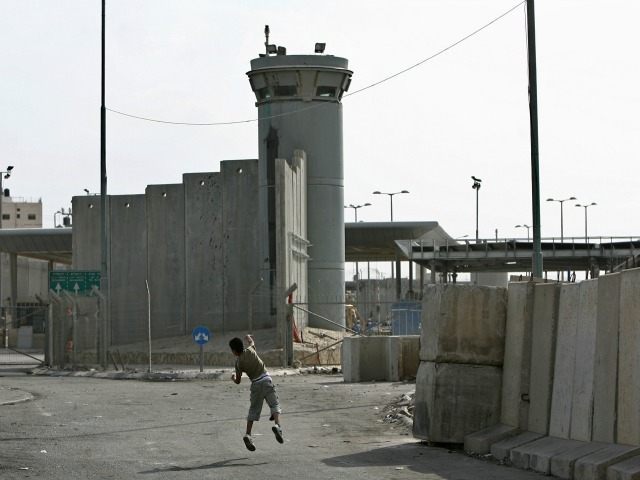TEL AVIV – The Lebanese army has begun construction of a cement wall replete with watchtowers around the largest Palestinian refugee camp in the country following clashes between Palestinians inside the camp and the military.
The wall, which will take 15 months to complete, was part of an agreement between the army and the different Palestinian factions in the Ain al-Hilweh refugee camp, near the southern port city of Sidon.
According to Munir al-Maqdah, the head of the Joint Palestinian Security Forces, “the wall and [watchtowers] are being built for security concerns, which we accepted” and is “being built outside the camp and far away from residential areas.”
However, Maqdah added that the wall will have a negative impact.
“The psychological implications of a wall will be negative and difficult [to overcome],” he told Sky News Arabia.
Ain al-Hilweh is the largest Palestinian camp in Lebanon with 120,000 residents. Close to half a million refugees – some 10 percent of the Lebanese population – live in 12 camps across Lebanon and are registered with the UN Palestinian refugee agency UNWRA. Their status means that they are treated as second-class citizens in Lebanon and blocked from gaining property rights and working in a vast range of professions.
British MP Sir Gerald Kaufman said the situation he witnessed in Palestinian refugee camps in Lebanon was “far worse and far more hopeless” than in Gaza.
Lebanese authorities have claimed that Ain al-Hilweh has become a refuge for “militants” looking to target Lebanese civilians. There have been several assassinations within the camp over the past few years. In September, the army arrested Imad Yasmin in the camp, accusing him of being an Islamic State leader.
The wall has sparked fury among residents of the camp, who have taken to social media to protest what they call “the wall of shame.” Palestinian protesters are also comparing it with Israel’s security fence in the West Bank.
“These pictures are not in occupied Palestine. The company carrying out the project is not Zionist,” one Facebook post read.

COMMENTS
Please let us know if you're having issues with commenting.